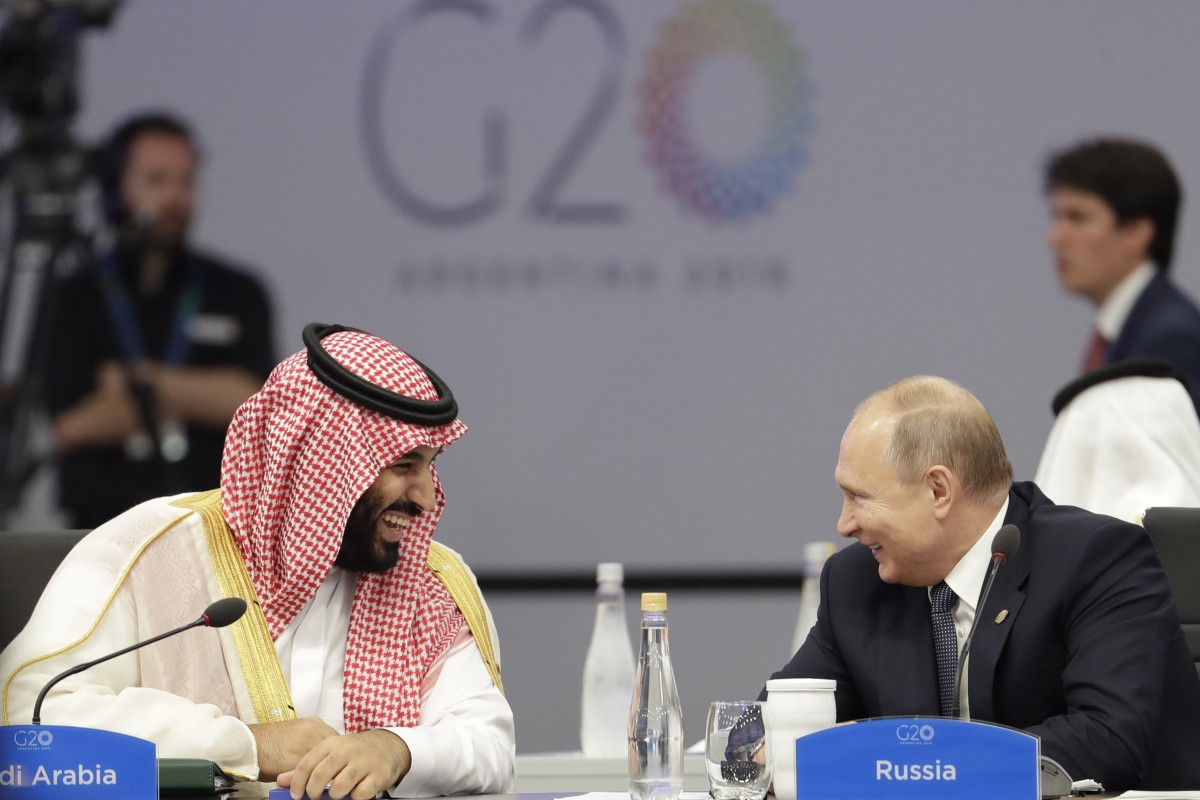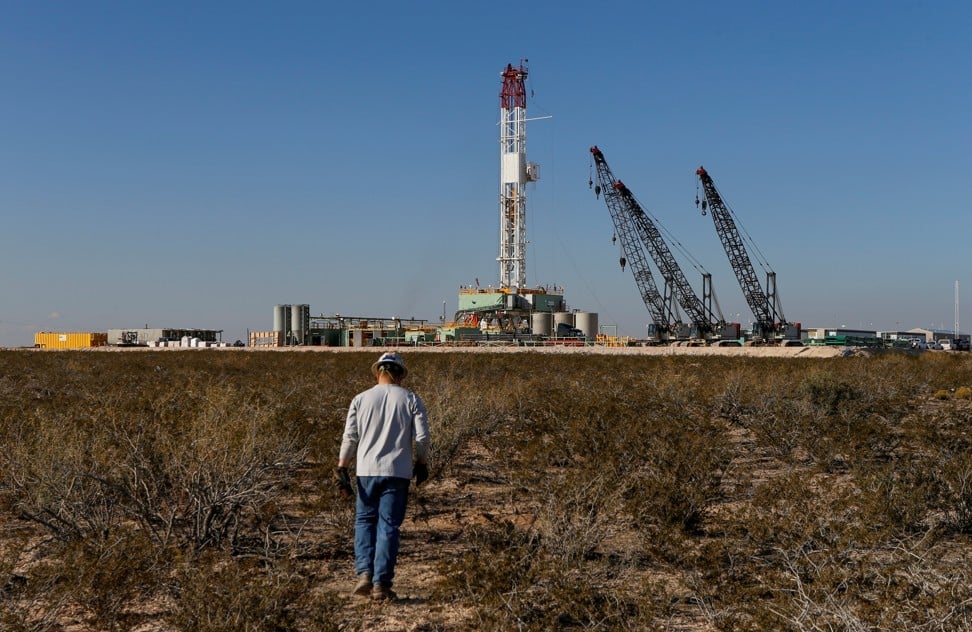
A black swan is an unpredictable event, beyond what is normally expected of a situation and with potentially severe consequences. Such events are characterised by their extreme rarity and severe impact. The term was popularised by the 2007 book, The Black Swan: The Impact of the Highly Improbable, by former options trader Nassim Nicholas Taleb.
As if the coronavirus crisis was not enough, this month, another black swan hit “black gold” – a reference which reflects the high value of petroleum – as a sharp fall in global oil prices took the world’s markets by surprise and sent the oil industry reeling.
Since the beginning of March, oil prices have tumbled by roughly half. The industry is confronting what the financial press calls its biggest crisis in 100 years, as demand for petroleum shrinks.
The fall came as Saudi Arabia on March 8 tore up the agreement it had made with Russia in September 2016 to cooperate in managing the price of oil. This agreement, due to be renegotiated in April, created an informal alliance between the Saudi-led oil cartel Opec and non-Opec producers. As of January, this Opec+ alliance had reduced oil production by 2.1 million barrels per day.
Riyadh and Moscow had fallen out over the best strategy with which to respond to the huge fall in demand created by the spread of the coronavirus, as airlines were grounded and millions stopped using their cars to go to work.
The Saudis had demanded that Russia agree to a sharp price cut. Perhaps still remembering how external pressure engineered the 1980s oil price plunge that crippled the Soviet economy, Moscow said “nyet ” and a price war ensued, with the Saudis cutting prices and flooding the market with their surplus oil.
The price collapse has hit the United States, which now ranks among the world’s leading oil exporters.
As a result of the coronavirus crisis, stock prices have plummeted for all US oil firms, not just those involved in the shale business. Some of these firms, heavily in debt and facing the threat of bankruptcy, have been lobbying the government for help.
The latest reports are that, as a result, the Trump administration is applying diplomatic pressure on Riyadh to cut its oil production. It is also threatening to increase sanctions against Russia with a view to stabilising prices, according to The Wall Street Journal.
In addition, Texas regulators are considering whether the US itself should curtail crude oil production for the first time in decades.

What is evident is that the present situation is unsustainable. Although oil is cheaper, there is no demand for it. China, normally eager to purchase, is not interested due to its economic slowdown. Across the world, oil producers such as Indonesia, Malaysia, Philippines, Iraq and Nigeria have also been hit heavily by the price collapse.
The Saudis took a huge risk, betting that Russia would back down first in this game of chicken. But Russia has no foreign debt burden. Like China, it has been steadily buying gold with its surpluses. So it can afford to ride out this stand-off.
Sooner or later, the Saudis will swallow their pride and reach a consensus with other oil producers to return to something like the previous rate -
The Saudi economy, on the other hand, is heavily indebted. Given their budgetary constraints, the Saudis really need a price of US$80 per barrel to balance their budget, and certainly cannot cope with prices of only US$40-US$50 per barrel for long.
Sooner or later, the Saudis will swallow their pride and reach a consensus with other oil producers to return to something like the previous rate. Otherwise, the crisis will become the industry’s swansong.
Donald Gasper is a Hong Kong based analyst and commentator







